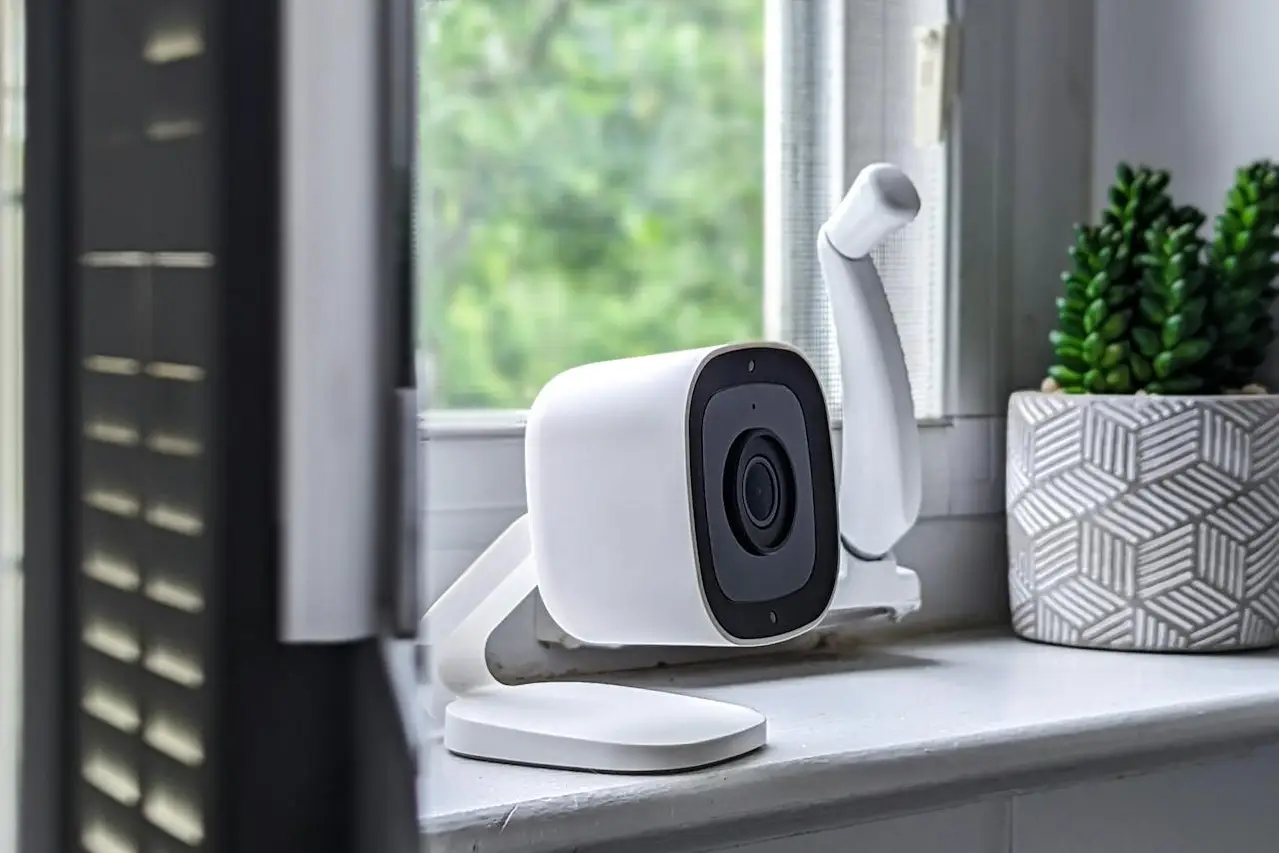The first step to enhancing the security of a home is through the installation of a secure security camera system. However, picking the best is challenging because there are different features and styles offered in the market. To provide long-term protection, choose the best solution for your needs whether you are
protecting your home, place of business, or commercial properties. This article will guide on how to choose the best security camera system for your home.
1. Assess Your Security Needs
The first step in choosing the best security camera system is figuring out your specific security needs. Do you wish to monitor the exterior of your home or place of business, or do you need interior surveillance? The number of cameras needed and where to install them will be determined by the size of the property, the number of entrance points, and the level of protection required. For larger properties, such as commercial spaces in Florida and Alabama, you may require more sophisticated systems with wider coverage.
2. Wired vs. Wireless Systems
You will have to decide if wired or wireless is the best option for your need. Wired solutions are more dependable, with power continuously delivered. They are, however, usually costlier and require more installation. Wireless systems are much easier to install and can, in most cases, be deployed almost anywhere. However, they can sometimes be interfered with, and lost signals are common. Consider your property's layout and the degree of installation challenges you are willing to accept before making a decision.
3. Determine the Camera Resolution
The camera's resolution determines the sharpness of the footage. Higher-resolution cameras, which can reach 4K or 1080p, produce more defined images, which are critical for identifying individuals or license plate numbers. Higher resolutions tend to carry a higher price tag, but if you have to get sharp footage for security purposes, the money is worth it. Assess your budget, then match that with the right resolution for the job.
4. Consider Night Vision and Low-Light Performance
Search for systems that offer infrared (IR) or color night vision, which guarantees that your property is always monitored, regardless of the lighting conditions. Having cameras that can take clear pictures in low light is crucial for comprehensive security, as many incidents occur after dark.
5. Look for Remote Access and Smartphone Integration
Modern security camera systems typically include smartphones, which enable
remote video monitoring. This feature may be particularly beneficial for folks who travel regularly or wish to keep an eye on their house from anywhere. Choose a solution that allows you to monitor real-time video feeds and receive notifications via an app or online interface if any suspicious activity occurs.
6. Consider the Storage Options
Storage options for your security camera system may differ based on the system type you choose. Some cameras offer cloud storage, while others use local storage, such as a hard drive or SD card. Cloud storage offers the benefit of remote access, but it may necessitate ongoing membership charges. Local storage allows you more control over your data, but it may require additional hardware for long-term storage.
Conclusion
Choosing the best security camera system is an important investment in the protection of your home. You may choose a system that is both reliable and functional by examining your requirements, selecting the ideal camera kinds, and taking into account elements such as resolution, night vision, and storage space. Whether it is your house or office, you should get the advice of security
camera installation experts in Florida and Alabama for proper decision-making and making sure the system suits your personal needs.
